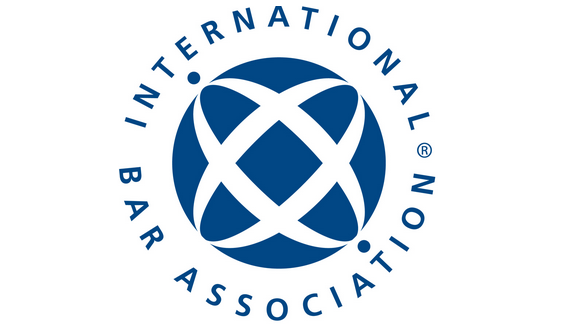Spotify is at the centre of an escalating controversy regarding royalty distribution, driven by the rise of AI-generated music and the emergence of so-called “fake artists.”
These AI-generated tracks—often mass-produced through platforms such as AIVA, Amper Music, Udio, and Boomy—have been generating significant revenue, placing human creators at a disadvantage due to Spotify’s current pro-rata “pooling” model. Under this system, revenues from subscriptions and ads within a given period are “pooled” together and distributed proportionally based on the total percentage of streams each track accumulates.
To maximize earnings, AI-generated music is frequently optimized to exploit Spotify’s recommendation algorithms, accumulating millions of streams and, consequently, significant royalty payouts.
As a result, real artists face an increasingly unequal and competitive landscape, where the already controversial per-stream compensation—widely criticized for being insufficient—is further diluted by these AI-generated tracks.
Currently, songs created exclusively by AI systems or processes are excluded from legal protection, as provided in Articles 1, 11, and 2 of the Portuguese Copyright and Related Rights Code, and Article 2 of the Berne Convention which only addresses original intellectual creations that result from human intervention.
In Portugal, this legal framework was further reinforced in the digital domain by the Lei nº 82/2021, of November 30, which transposes the European Directive 2019/790 that establishes monitoring, enforcement, takedown, and access restriction procedures for copyright-protected content in digital environments.
Although the Lei nº 82/2021 increases the enforcement and liability regarding AI-generated music that incorporates protected works without authorization, it does not regulate purely AI-generated content—that is, compositions created without any preexisting human-made material.
Since fully AI-generated music is not legally recognized as a protected work, there is no legal obligation to pay royalties for these compositions. However, the lack of proper licensing control mechanisms—combined with the exponential growth of AI-generated music—has highlighted serious gaps in current legislation, particularly regarding fair royalty distribution on streaming platforms.
While the European Union acknowledges the urgency of updating regulatory mechanisms, having recently approved the AI Act (European Artificial Intelligence Regulation), the implementation of a holistic and equitable royalty distribution framework across streaming platforms remains a distant reality.













